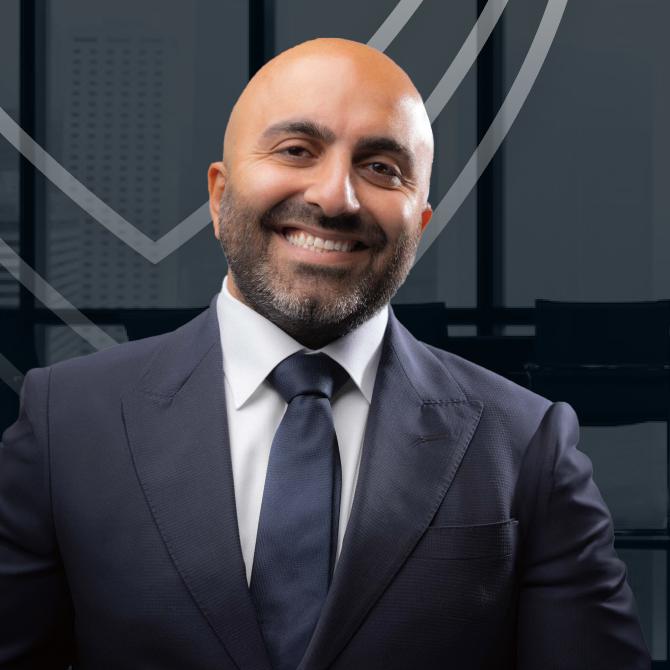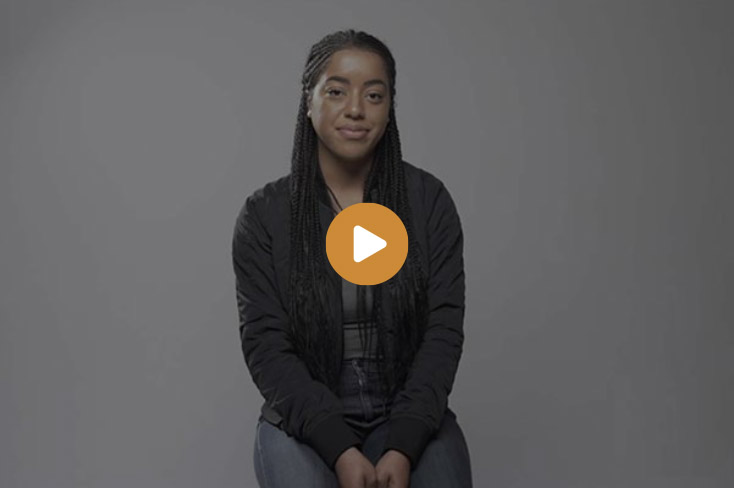YOUR VEHICLE WILL BE
REPAIRED OR PAID OFF
ACCESS TO TOP
MEDICAL CARE
DIRECT CONTACT WITH YOUR ATTORNEY
NO OUT OF POCKET COST FOR OUR CLIENTS
YOUR VEHICLE WILL BE
REPAIRED OR PAID OFF
ACCESS TO TOP
MEDICAL CARE
NO OUT OF POCKET COST FOR OUR CLIENTS
Expert Representation After Personal Injuries

Expert Representation After Personal Injuries

No fees unless we win
OUR CLIENTS ALWAYS COME FIRST

Advanced Technology for Complex Personal Injury Cases
Advanced Technology for Complex Personal Injury Cases

RESULTS
WINNING MILLIONS FOR CLIENTS ACROSS CALIFORNIA
$10,000,000
Slip and Fall
$2,000,000
Premises Liability
$2,000,000
Auto Accident
$1,965,000
Auto Accident
RESULTS
WINNING MILLIONS FOR CLIENTS ACROSS CALIFORNIA
$10,000,000
Slip and Fall
$2,000,000
Premises Liability
$2,000,000
Auto Accident
$1,965,000
Auto Accident
MEET SHAWN MANGOLI
A career dedicated to fighting for your rights
Shawn Mangoli, founder of Beverly Hills Injury Firm, is a highly respected attorney with a focus on personal injury law. With over a decade of experience in civil litigation, Shawn has tirelessly fought for the rights of the injured, securing numerous multi-million-dollar settlements.
Recognized by Super Lawyers and a respected member of both the Consumer Attorneys Association of Los Angeles and the American Association for Justice, Shawn's dedication to justice is both unwavering and profound.

FOUNDER & TRIAL ATTORNEY
Meet Shawn Mangoli
Shawn Mangoli, founder of Beverly Hills Injury Firm, is a highly respected attorney with a focus on personal injury law. With over a decade of experience in civil litigation, Shawn has tirelessly fought for the rights of the injured, securing numerous multi-million-dollar settlements.
Recognized by Super Lawyers and a respected member of both the Consumer Attorneys Association of Los Angeles and the American Association for Justice, Shawn's dedication to justice is both unwavering and profound.
CLIENT TESTIMONIALS

YOUR CASE RESULT DEPENDS ON WHO YOU HIRE
See how much your claim is worth

California Personal Injury Firm committed to getting maximum compensation. Don’t settle for less.
Contact
Beverly Hills, CA 90212
Quick Links
Follow Us

California Personal Injury Firm committed to getting maximum compensation.
Don’t settle for less.
Contact
Quick Links
Follow Us
